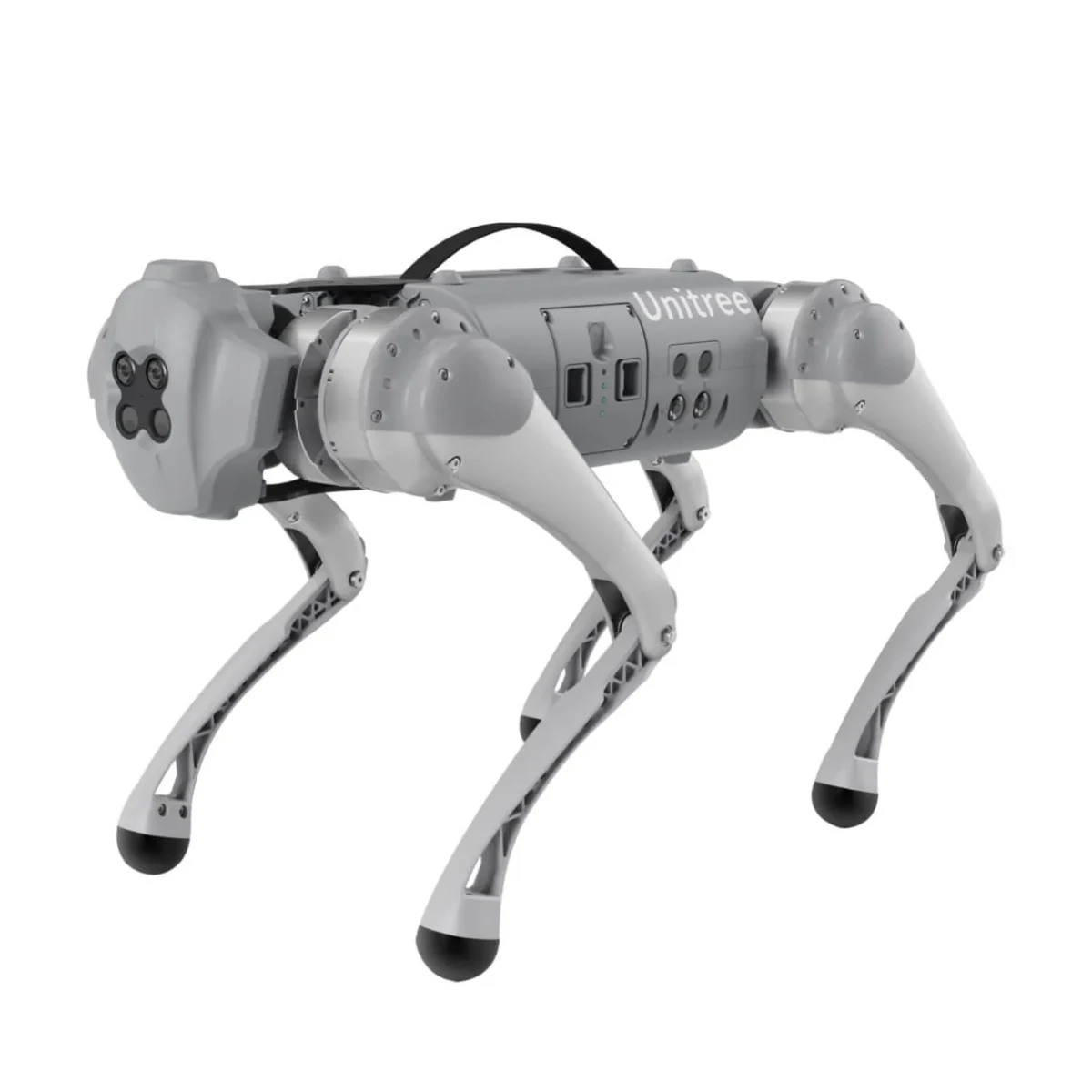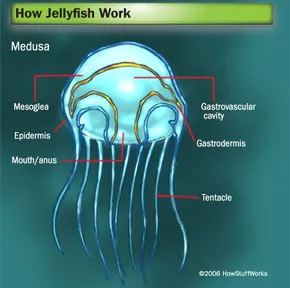YZ Ceti B
Discovery of a possible backup Earth
“Planet” by garysan97 is licensed under CC BY-SA 2.0. To view a copy of this license, visit https://creativecommons.org/licenses/by-sa/2.0/?ref=openverse.
YZ Ceti B is an exoplanet orbiting the red dwarf star YZ Ceti, located about 12 light-years away from our solar system. The planet was discovered in 2017 by the radial velocity method, which measures the wobble of a star caused by the gravitational pull of its orbiting planets.
YZ Ceti b has a mass similar to that of Earth, and its orbit is located within the habitable zone of its star, which means it receives just the right amount of heat to potentially support liquid water on its surface. However, it orbits its star at a distance of only 0.015 astronomical units (AU), which means it is likely to be tidally locked, with one side permanently facing its star and the other side in perpetual darkness.
Despite this limitation, YZ Ceti b may still be habitable. The planet’s atmosphere may help distribute heat from the hot side to the cold side, creating a more hospitable environment. Additionally, recent studies have suggested that tidally locked planets may have stable climates and even be more habitable than previously thought.
Further observations and studies of YZ Ceti b will be necessary to determine its true habitability. Scientists may use telescopes to observe the planet’s atmosphere and determine if it has the right conditions to support life. Additionally, future missions, such as the James Webb Space Telescope, may be able to detect the planet’s biosignatures, or signs of life, in its atmosphere.
The discovery of YZ Ceti b is exciting for astronomers and astrobiologists alike, as it represents a potentially habitable exoplanet located relatively close to our own solar system. Further research may help us better understand the potential for life beyond our own planet and perhaps even find evidence of extraterrestrial life.
However, it is important to note that even if YZ Ceti b is not habitable, the search for exoplanets and the exploration of our universe is valuable in and of itself. The discoveries we make can help us better understand our own place in the cosmos and our place in the grand scheme of things.
RELATED STORIES
https://interestingengineering.com/science/radio-signals-exoplanet-magnetic-fields
https://exoplanets.nasa.gov/exoplanet-catalog/7181/yz-ceti-b/
https://www.cnn.com/2023/04/04/world/exoplanet-radio-signal-scn/index.html
https://en.wikipedia.org/wiki/YZ_Ceti
https://www.openexoplanetcatalogue.com/planet/YZ%20Cet%20b/
TAKE ACTION















